Own the Streets: Hassle-Free Used Two-Wheeler Loans Now Available!
Experience the joy of ownership with seamless processing and unbeatable rates – Your journey begins with hassle-free used two-wheeler loans at your fingertips
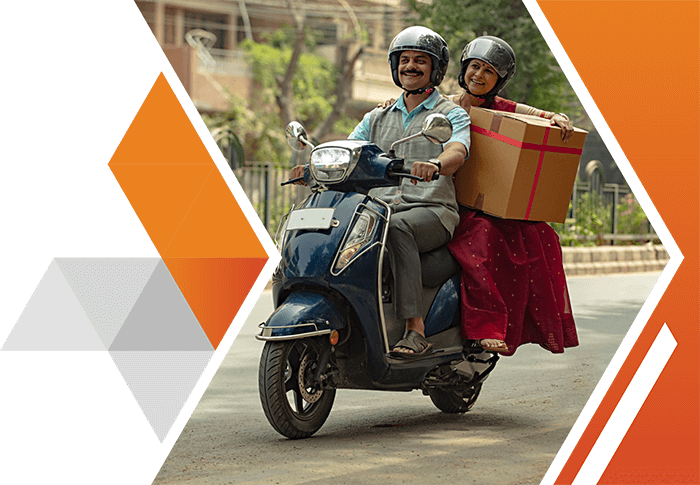
Experience the joy of ownership with seamless processing and unbeatable rates – Your journey begins with hassle-free used two-wheeler loans at your fingertips

Experience the freedom of the open road with our used two-wheeler loan, offering competitive interest rates, flexible repayment options, and a quick approval process.

Save money by opting for a used two-wheeler and still benefit from financing

Speedy loan approval means you can own your pre-owned bike sooner
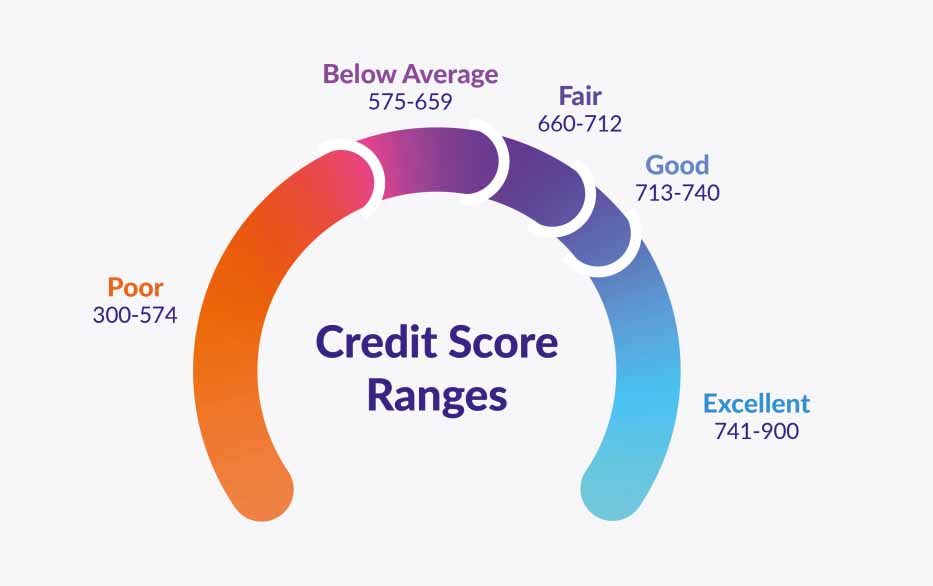
Timely repayments positively impact your credit score

Enjoy the flexibility of choosing an EMI that aligns with your budget

Purchase your dream bike without the need for a lump sum payment

Secure your ownership with a legitimate and straightforward financing process
a quick and transparent process
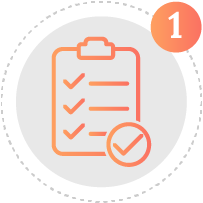
Check eligibility criteria before applying for a loan to ensure approval possibilities.
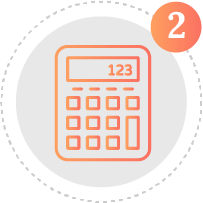
Estimate your monthly EMI effortlessly with our user-friendly loan calculator.
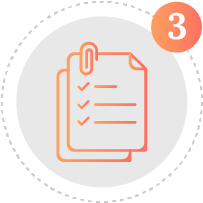
Ensure which necessary documents are required for loan application.
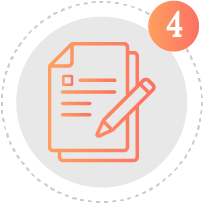
Accurately provide all required information in the loan application form for prompt processing.
Essential documents that need to be provided to complete the process successfully are listed below:
This includes a valid government-issued photo ID such as a passport, driver’s license, or national ID card
A document confirming your residential address, such as a utility bill, bank statement, or rental agreement
To assess your ability to repay the loan, we may require income-related documents such as salary slips, bank statements, or income tax returns (ITR) for self-employed individuals.
This can be in the form of an employment letter from your employer or a certificate confirming your business ownership and income for self-employed individuals
We may check your credit score and credit history, which can be obtained from credit bureaus in India
frequently asked questions
